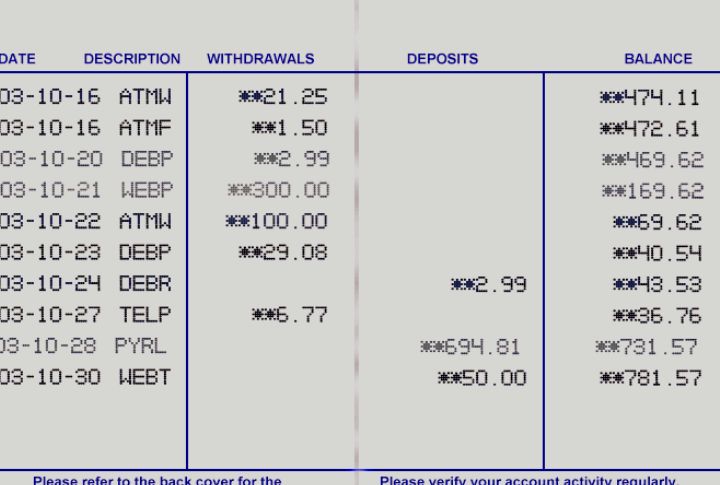
Money talks, and nobody knows this better than the Boomer generation. In fact, their practical approach to everyday living reflects decades of smart financial decisions that younger generations often overlook. These budget-conscious habits might seem old-fashioned, but they’ve helped Boomers build lasting wealth. Here’s how they do it.
Using Certificates Of Deposit (CDs)

Smart savers from the Boomer generation consistently choose Certificates of Deposit over riskier options. Unlike Millennials, who prefer stock investments, they appreciate the security of CDs. These time-based accounts deliver higher interest rates than regular savings. They are also excellent tools for capital preservation.
Prioritizing Emergency Savings

Most Americans lack dedicated emergency credit cards, yet Baby Boomers lead the pack in financial preparedness. This generation maintains higher emergency savings compared to younger adults. Despite 62% having six months or less saved up, they still show more foresight than Gen Z’s tendency to max out credit.
Paying With Cash

Baby Boomers maintain a prudent “cash-first” approach to spending, which saves thousands of dollars annually. Plus, they often wait to purchase big-ticket items until they have the full amount in cash. That smart strategy helps avoid credit card interest and makes them more conscious of daily spending decisions.
Conservative Investment Choices

The older generation’s careful approach to investing through savings accounts and annuities has proven valuable. Those stable investment choices deliver reliable income streams during retirement. While millennials experiment with robo-advisors, Boomers continue building wealth through conservative financial strategies that protect their assets.
Homeownership For Equity

Property ownership remains a cornerstone of Boomer wealth creation. Homeowners purchased real estate when prices were considerably lower, building significant equity over decades. And their foresight has created a valuable financial safety net, with options to tap into home equity or downsize during retirement years.
Thriftiness In Daily Life

Boomers have a quiet superpower: they know how to make money stretch without feeling deprived. Bargain travel and loyalty rewards all become tools in the financial toolkit. Even a few mindful adjustments in how you shop can free up funds for other priorities.
Preference For Traditional Savings Accounts

Only a small slice of Americans (roughly 20%) are taking advantage of newer, high-yield savings accounts. Boomers, by contrast, largely stay with the accounts they’ve trusted for decades. This persistence illustrates how deeply ingrained financial habits shape outcomes, despite the existence of higher-earning alternatives.
Avoiding New Debt

Most Baby Boomers follow a straightforward financial rule: if you can’t pay for it now, don’t buy it. They are cautious about taking on debt and prefer to use cash whenever possible. That discipline has helped many maintain strong credit histories through decades of careful money management.
Financial Literacy From Experience

Years of practical experience gave Baby Boomers strong financial instincts. The generation also developed money habits during times of economic uncertainty. Those skills help make smart financial decisions and avoid costly errors. That is why, their approach to building wealth remains effective across different market conditions.
Seeking Value In Experiences

Boomers have a knack for stretching entertainment budgets. They often lean on trusted recommendations and past travel experiences to make choices. Instead of costly cruises popular with younger generations, they favor thoughtful sightseeing trips that deliver both savings and meaningful cultural connections.

